The project employs an innovative and cheap alternative feedstock for bio ethanol fuel production by gainfully utilizing the water hyacinth.
Long Description
Water hyacinth covers more than three quarters of Lake Victoria. The weed, which has posed environmental challenges in East Africa since 1980s, has impaired all economic activities in the lake: fishing, lake transport and eco-tourism. This prolific weed depletes the waters of oxygen and raises the toxicity levels for fish thus most species face extinction. Few tangible commercial uses of this weed have been identified and it therefore remains to be seen as a curse by the locals. There is a need to sustainably manage it.
In Kenya, biomass and paraffin are the main energy sources for cooking and lighting in rural households with wood fuel supplying 95%. The high dependence on fuelwood means increased destruction of forests which are valuable carbon sinks. Use of these sources also has health implications particularly because of the smoke and soot that emanate from combustion. Therefore energy needs of millions of people are being met inadequately, inefficiently and in environmentally unfriendly manners as they are not carbon efficient.
Thus, CIST Africa through this project seeks to bridge this energy poverty gap by providing affordable, reliable, clean, and environmentally friendly source of energy for household cooking and lighting needs. The project targets the rural and informal settlement dwellers that currently use fossil fuels and fuel woods to meet their energy needs. The bio fuel will be distributed to the public at a price that competes with the traditional fuels due to availability of cheap sources of raw materials.

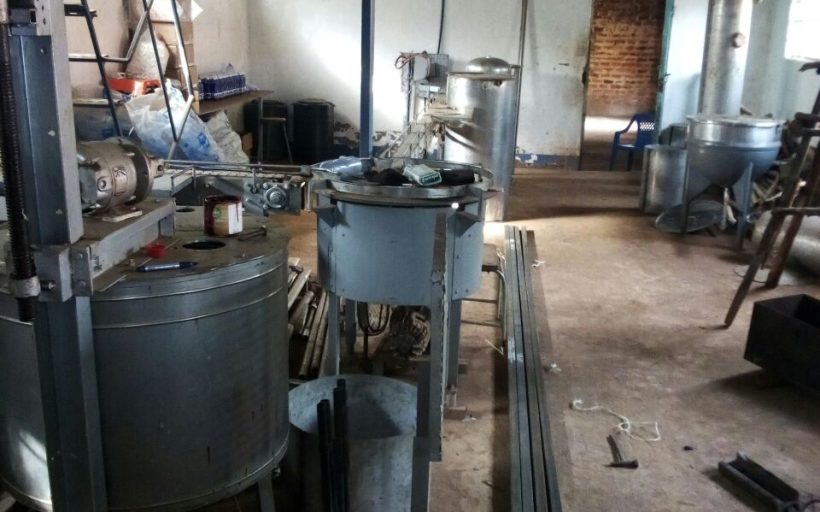
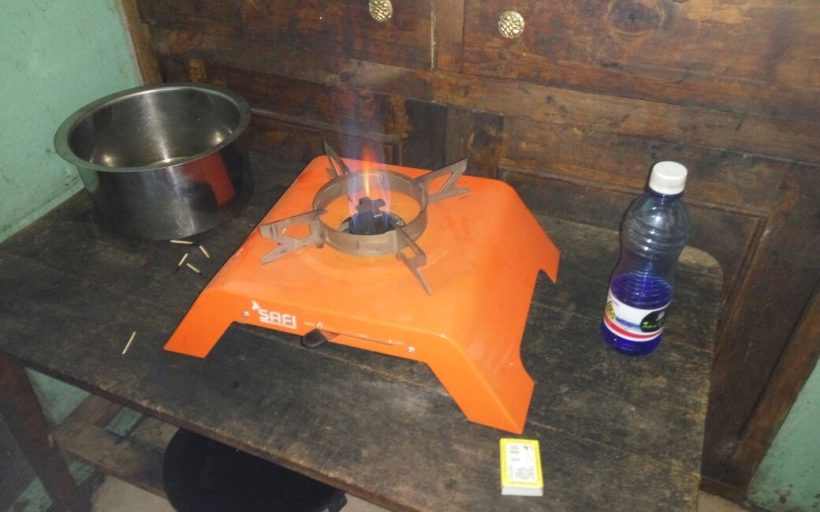
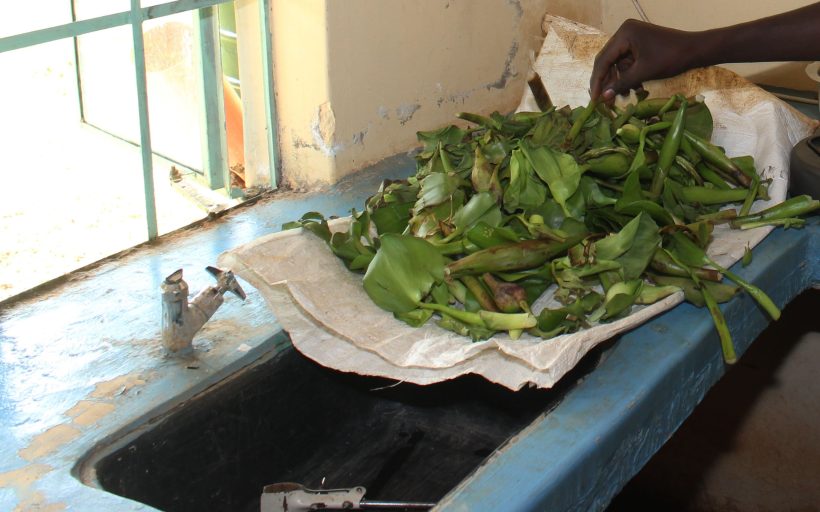

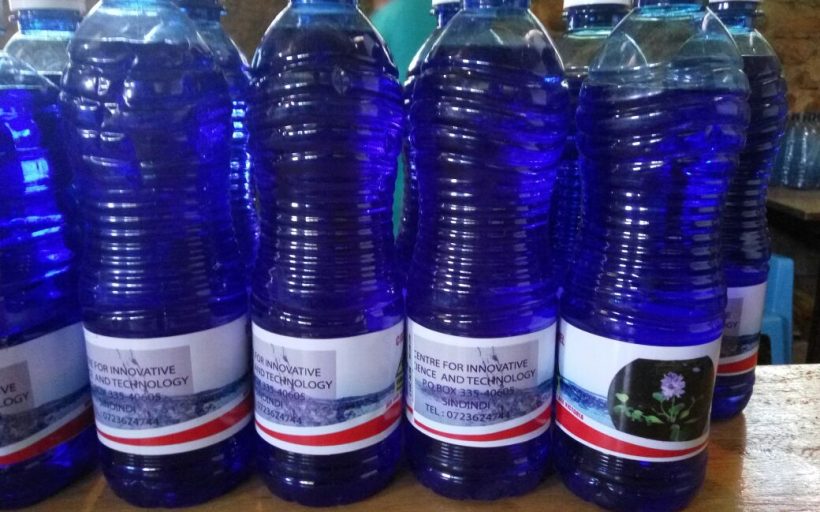
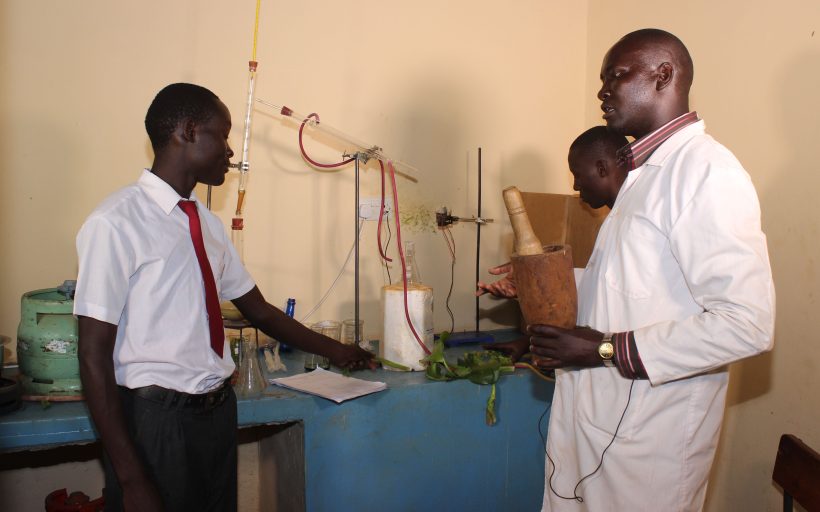

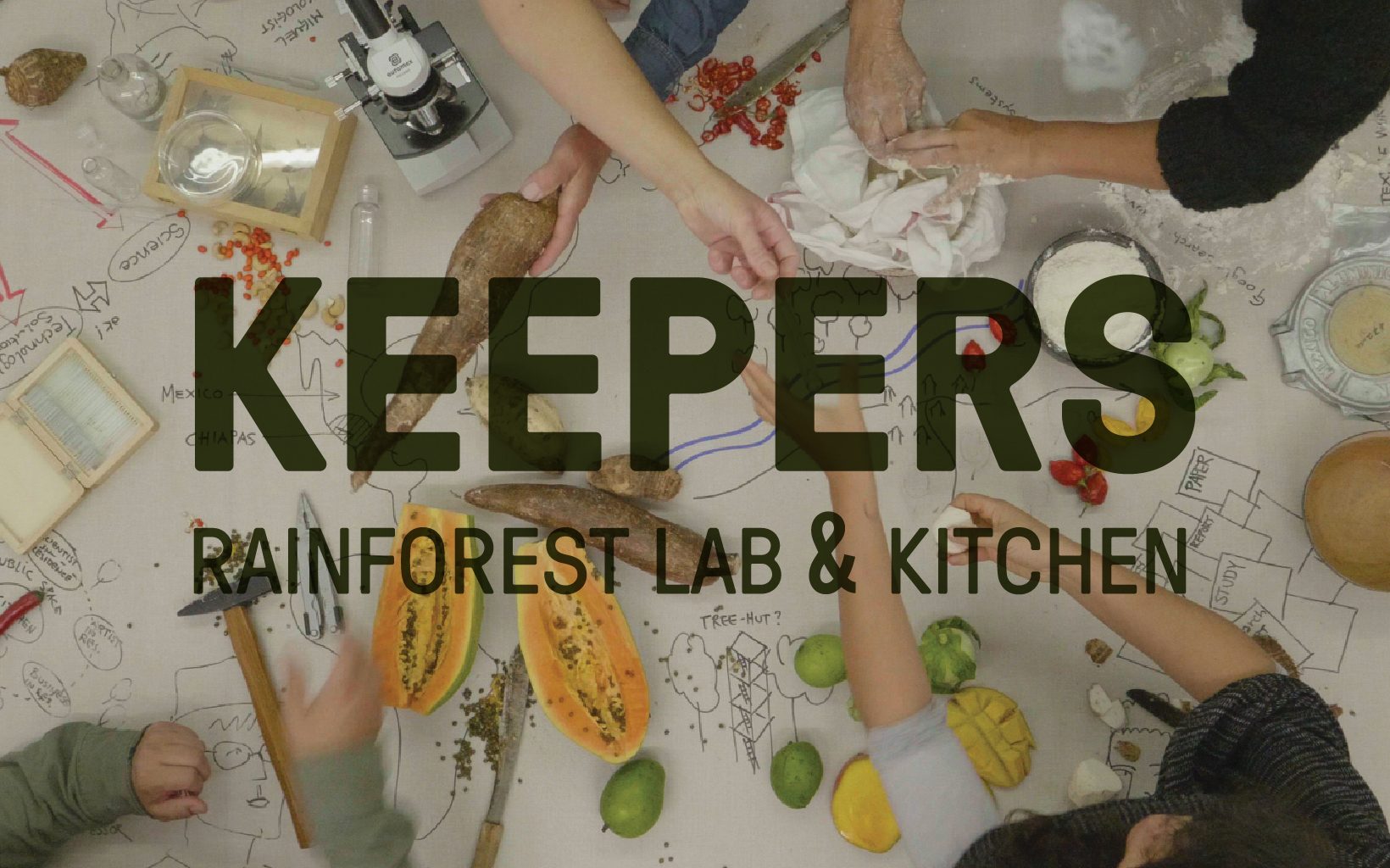


Share on social media.
Facebook
Twitter
LinkedIn
Mail